The U.S. Department of Energy (DOE) has canceled more than $700 million in funding for battery and related electric vehicle technology projects, citing failure to meet deadlines, lack of economic viability, or failure to deliver positive returns to taxpayers. This decision has raised concerns that the U.S. could fall behind China in the battery technology and manufacturing race, and could impact plans to build factories in states like Kentucky and Missouri.
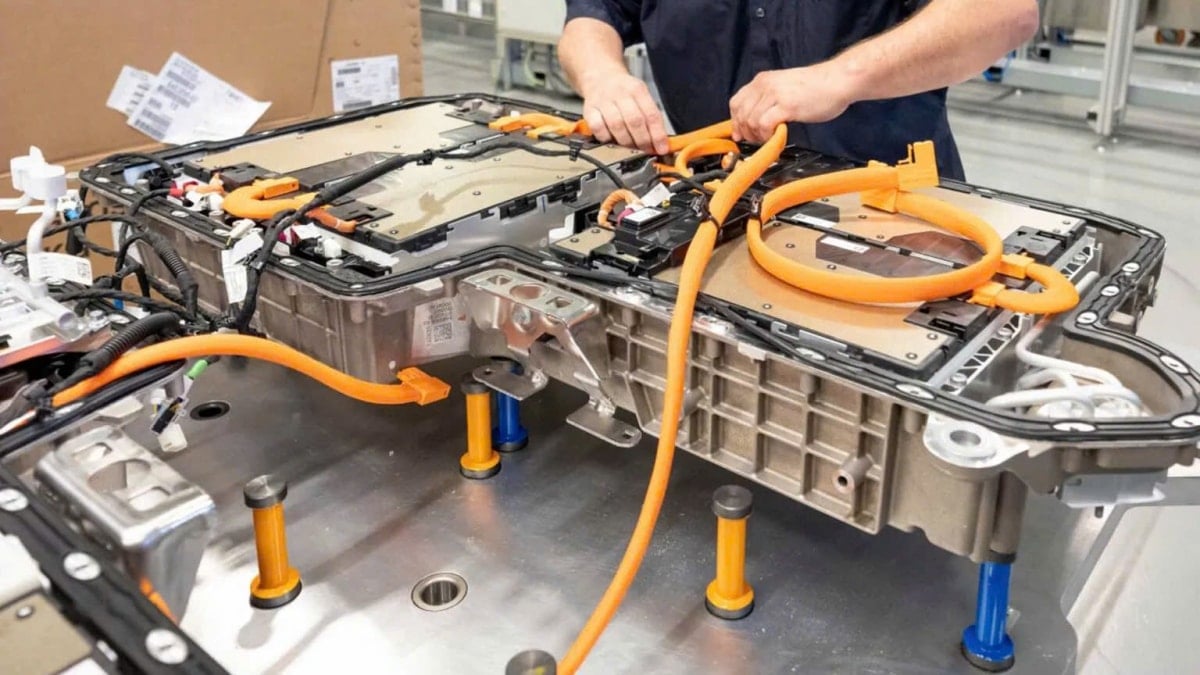
DOE cuts funding: overview and key takeaways
According to DOE spokesperson Ben Dietderich, the canceled grants were part of a battery manufacturing support program under the infrastructure and supply chain package. This included $316 million allocated to Ascend Elements to manufacture components from recycled EV batteries at its approximately $1 billion plant in Kentucky; $57.7 million to American Battery Technology (ABTC) to build a lithium hydroxide facility in Nevada; and $117 million to Anovion to develop synthetic graphite for lithium-ion battery anodes.
Democratic lawmakers strongly opposed the DOE's move, arguing that the agency overstepped its authority and undermined efforts to expand domestic battery production capacity.
Projects and figures were canceled.
| Business/Project | Amount | Project objectives | Location |
|---|---|---|---|
| Ascend Elements | 316 million USD | Manufacture components from recycled EV batteries. | Kentucky |
| American Battery Technology (ABTC) | $57.7 million | Construction of a lithium hydroxide plant. | Nevada |
| Anovion | $117 million | Production of synthetic graphite for anodes | Not specified |
The total value of the canceled projects exceeds $700 million, encompassing numerous projects across the battery supply chain, from materials and recycling to component manufacturing.
Reasons for cancellation and political reaction.
The DOE cited three main groups of reasons: the project failed to meet its timeline; it was not economically viable; or it did not deliver a positive return on investment for taxpayers. On the legislative side, some Democratic lawmakers argued that canceling funding undermines the development of a domestic battery industry, which is expected to create jobs, reduce import dependence, and support the goal of transitioning to electric vehicles.
Meanwhile, the companies mentioned are still reassessing their plans. According to the information provided, Ascend Elements stated that it will continue with its project in Kentucky, even though funding has been withdrawn.
Impact on the battery supply chain and US EV targets.
According to Politico's E&E report, the funding cancellation could impact plans to build large-scale plants in several states, including Missouri and Kentucky. At the supply chain level, links such as key materials (lithium hydroxide, synthetic graphite) and battery recycling are strategic steps to reduce costs, stabilize supply, and decrease reliance on foreign sources.
As public funding dwindles, businesses may have to seek alternative private capital, reconsider the scale or timeline of implementation. This risks slowing progress toward achieving goals related to green transportation digitalization, localizing battery production, and meeting rules of origin requirements under U.S. preferential treatment programs.
Kentucky, Missouri, and the risk of delays.
Kentucky is considered a key destination for Ascend Elements' large-scale battery recycling project. Without public funding, raising capital through the open market could be prolonged, impacting operational timelines. Missouri could also be affected as plant plans may need to be restructured to accommodate new financial conditions.
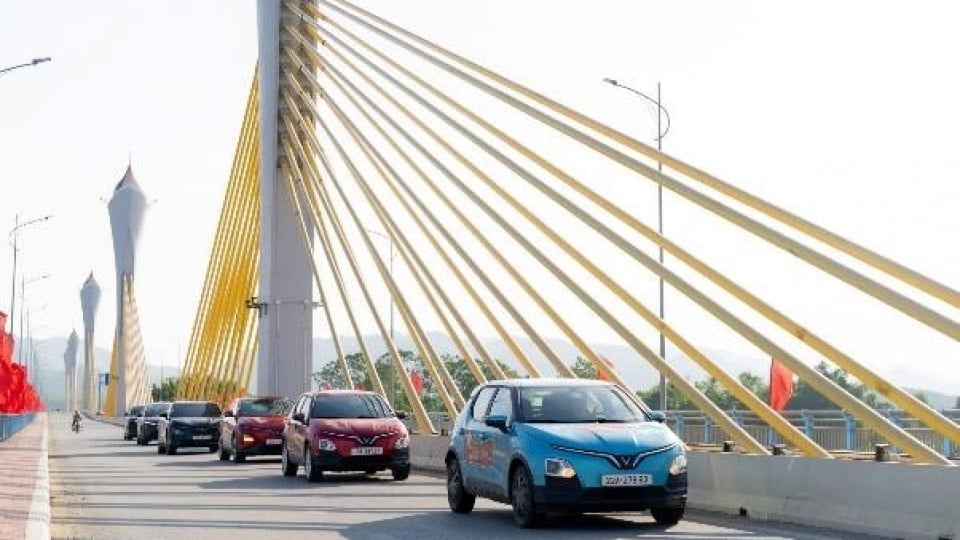
The gap with China could widen.
Many assessments suggest that China is leading in lithium-ion battery production and is accelerating research into new technologies such as solid-state batteries. In this context of intense competition, the US's reduction of public support for several key projects could widen the gap in production and technology if businesses do not promptly arrange alternative resources.
However, the actual impact will depend on the ability to mobilize private capital, optimize costs, and coordinate policies at the federal and state levels to maintain the momentum of building a domestic battery supply chain.
The next scenario: alternative capital and the efficiency problem.
In the short term, affected businesses may prioritize projects that are ready for operation soon, or adjust schedules to suit their financial capacity. In the long term, the criterion of "taxpayer efficiency" and clear timelines may become key conditions in negotiations for public support, directing funds towards projects with higher commercialization potential.
For the U.S. EV goal, the big question is whether the pace of expanding domestic capacity – from materials and components to recycling – will keep up with market demand and the rules of origin requirements for preferential treatment. Disruptions to support at this crucial stage could prolong the time it takes for the supply chain to achieve self-sufficiency, while increasing price competition pressure from products originating from more developed ecosystems.
In summary, the DOE's decision to cancel over $700 million in battery funding immediately poses challenges to several key projects and the goal of expanding the domestic battery supply chain. How businesses raise alternative funding and the level of policy coordination will determine whether the gap with competitors, particularly China, widens in the coming years.
Source: https://baonghean.vn/my-huy-700-trieu-usd-tai-tro-pin-ap-luc-len-ev-10308980.html





![[Photo] Prime Minister Pham Minh Chinh attends the Conference summarizing and implementing tasks of the judicial sector.](/_next/image?url=https%3A%2F%2Fvphoto.vietnam.vn%2Fthumb%2F1200x675%2Fvietnam%2Fresource%2FIMAGE%2F2025%2F12%2F13%2F1765616082148_dsc-5565-jpg.webp&w=3840&q=75)


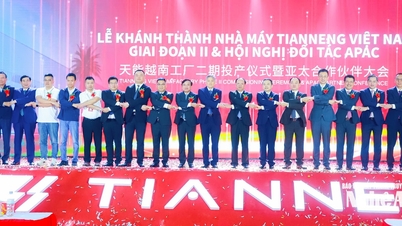


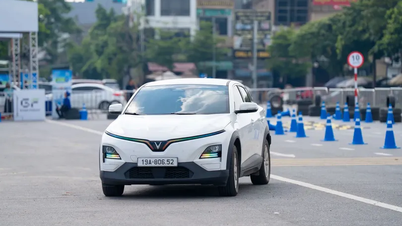

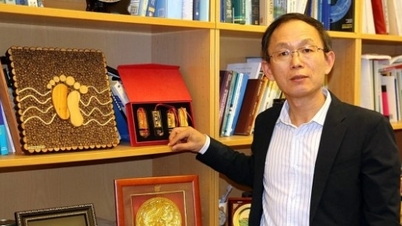

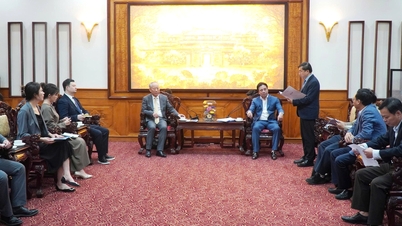



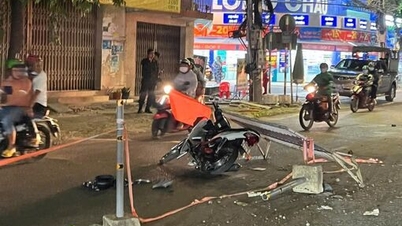

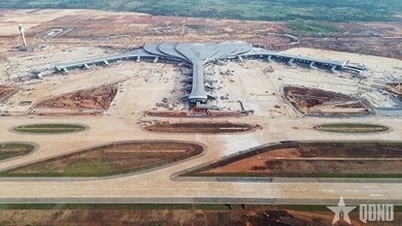

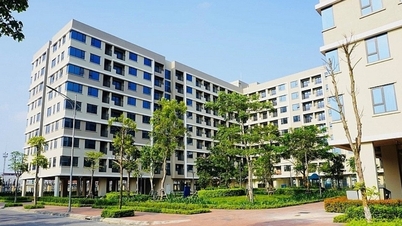
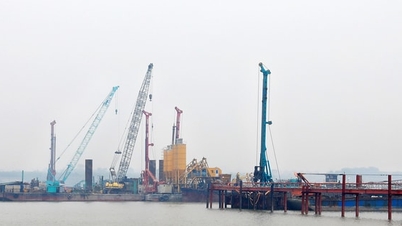


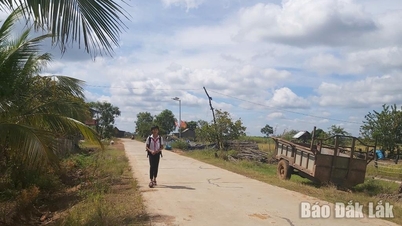








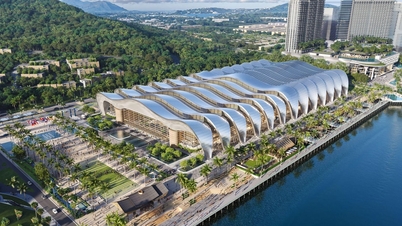
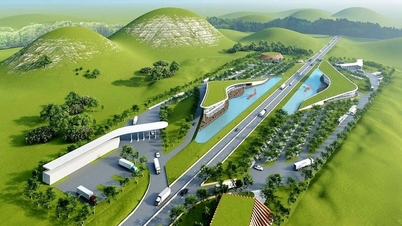





































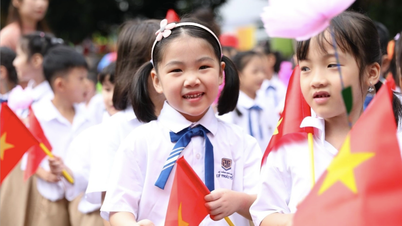




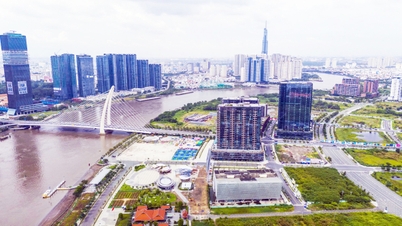

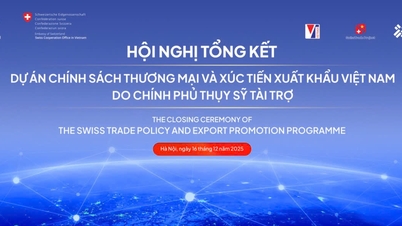

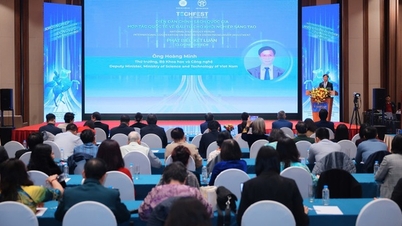

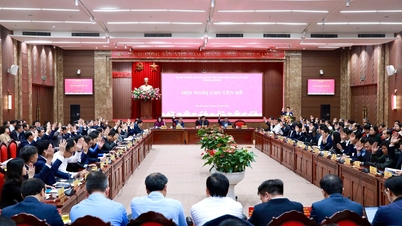

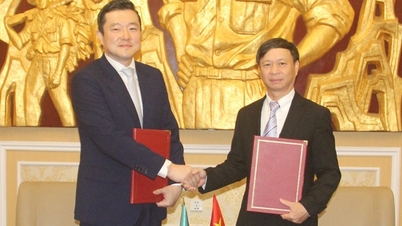

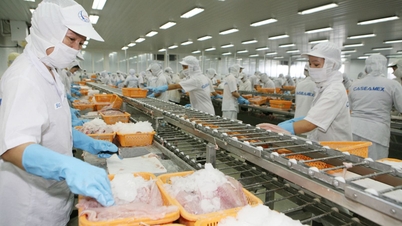




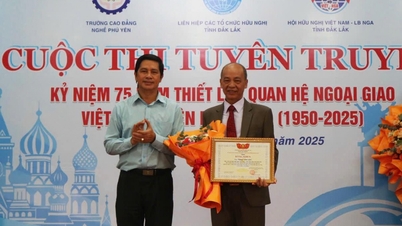
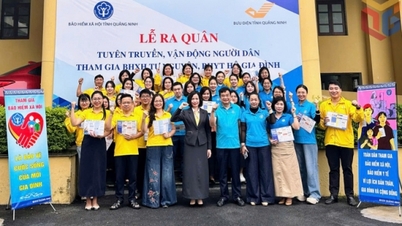

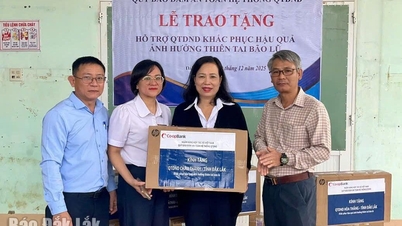
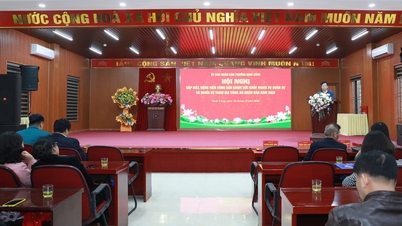













Comment (0)